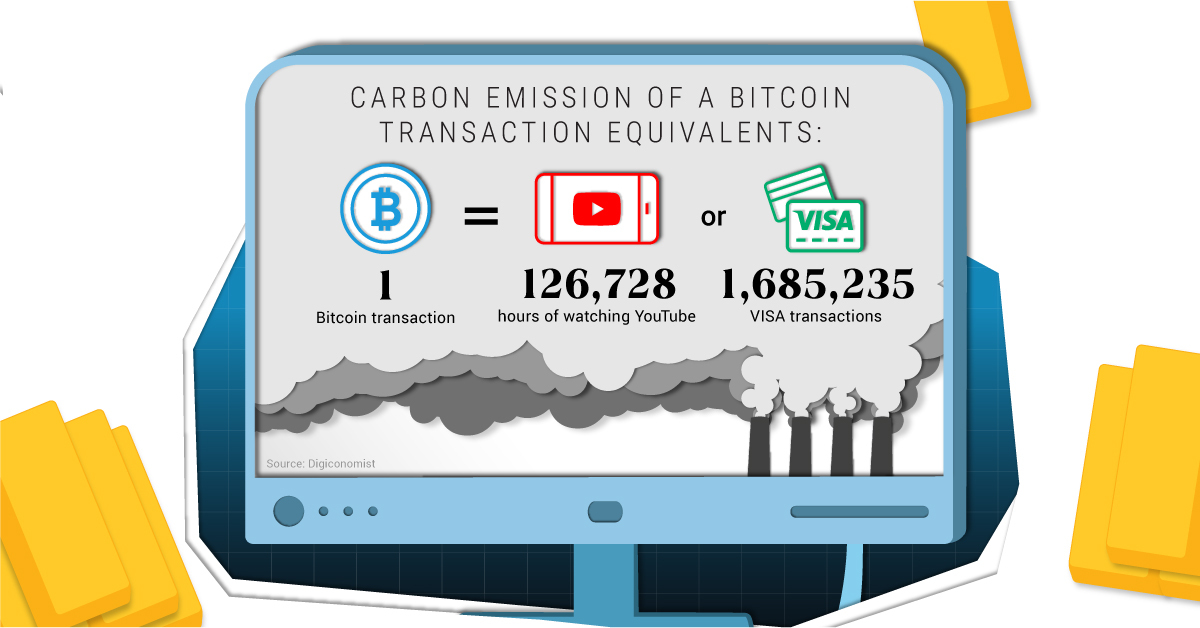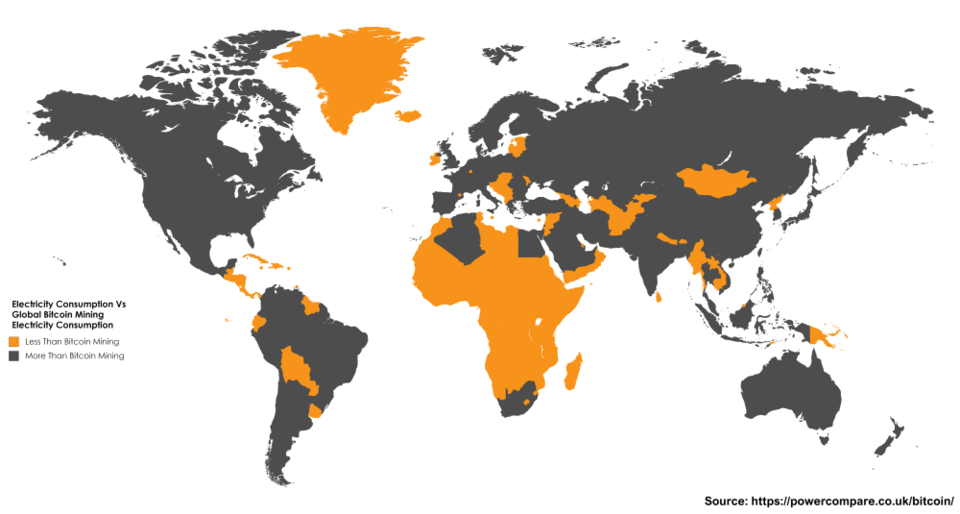DE-FI [-2-]
INTO THE WORLD OF DE-FI!
SERIES NAME:- "LEVEL UP" BY = CHITEKI KUN! -(N.S.R)
DE-FI MEANS "DECENTRALIZED FINANCE"!
let us see some ADVANTAGES & DISADVANTAGES of
CRYPTO-MINING let's jump together folk's
- Downsides of Mining :-
The risks of mining are often financial and regulatory. As aforementioned, Bitcoin mining, and mining in general, is a financial risk because one could go through all the effort of purchasing hundreds or thousands of dollars worth of mining equipment only to have no return on their investment.
That said, this risk can be mitigated by joining mining pools. If you are considering mining and live in an area where it is prohibited, you should reconsider. It may also be a good idea to research your country's regulation and overall sentiment toward cryptocurrency before investing in mining equipment.
One additional potential risk from the growth of Bitcoin mining (and other systems as well) is the increasing energy usage required by the computer systems running the mining algorithms. Though microchip efficiency has increased dramatically for ASIC chips, the growth of the network itself is outpacing technological progress. As a result, there are concerns about Bitcoin mining's environmental impact and carbon footprint.:-
There are, however, efforts to mitigate this negative externality by seeking cleaner and green energy sources for mining operations (such as geothermal or solar sources), as well as utilizing carbon offset credits. Switching to less energy-intensive consensus mechanisms like proof-of-stake (POs), which Ethereum has transitioned to, is another strategy; however, PoS comes with its own set of drawbacks and inefficiencies, such as incentivizing hoarding instead of using coins and a risk of centralization of consensus control.
Mining is a metaphor for introducing new bitcoins into the system because it requires (computational) work just as mining for gold or silver requires (physical) effort. Of course, the tokens that miners find are virtual and exist only within the digital ledger of the Bitcoin block chain.
ELECTRICITY CONSUMED BY SEVERAL COUNTRIES TO MINE COINS
- Why Do Bitcoins Need to Be Mined? :-
Because they are entirely digital records, there is a risk of copying, counterfeiting, or double-spending the same coin more than once. Mining solves these problems by making it extremely expensive and resource-intensive to try to do one of these things or otherwise "hack" the network. Indeed, it is far more cost-effective to join the network as a miner than to try to undermine it.
- How Does Mining Confirm Transactions?
In addition to introducing new BTC into circulation, mining serves the crucial role of confirming and validating new transactions on the Bitcoin block chain. This is important because there is no central authority ,such as a bank, court, government, or anything else determining which transactions are valid and which are not. Instead, the mining process achieves a decentralized consensus through proof of work (POW).
- Why Does Mining Use So Much Electricity?:-
In the early days of Bitcoin, anybody could simply run a mining program from their PC or laptop. But as the network got larger and more people became interested in mining, the mining algorithm became more difficult. This is because the code for Bitcoin targets finding a new block once every 10 minutes, on average.1 If more miners are involved, the chances that somebody will solve the right hash quicker increases, and so the difficulty increases to restore that 10-minute goal. Now imagine if thousands, or even millions more times that mining power joins the network. That's a lot of new machines consuming energy.
- Is Bitcoin Mining Legal?:-
The legality of Bitcoin mining depends entirely on your geographic location. The concept of Bitcoin can threaten the dominance of fiat currencies and government control over the financial markets. For this reason, Bitcoin is completely illegal in certain places.
Bitcoin ownership and mining are legal in more countries than not. Some examples of places where it was illegal according to a 2018 report were Algeria, Egypt, Morocco, Bolivia, Ecuador, Nepal, and Pakistan.8 Since 2018, other countries have banned Bitcoin mining ,including Bangladesh, China, Dominican Republic, North Macedonia, Qatar, and Vietnam.9101112 Overall, Bitcoin use and mining remain legal across much of the globe.
- Does Crypto Mining Damage Your GPU/Computer?:-
Because blockchain mining is very resource-intensive, it can put a large strain on your GPU or other mining hardware. In fact, it is not unheard of for GPUs to blow out, or for mining rigs to burst into flames.13 However, keeping your rigs running at a moderate pace and with sufficient power supplied, it is generally safe.
- Can You Mine Bitcoin on Your iPhone? :-
No. Bitcoin mining today requires vast amounts of computing power and electricity to be competitive. Running a miner on a mobile device, even if it is part of a mining pool, will likely result in no earnings.
"And , now even the concept of mining is decentralized "
DECANTRALIZED FINANCE
THIS TOPIC IS SEALED UP FOR NOW
IF U 'GUYS'WANT TO KNOW MORE ABOUT THIS
DE-FI
LET ME KNOW IN 'COMMENTS'
AND THE NEXT TOPIC INT HIS "LEVEL UP" SERIES IS
" M.E.T.A.V.E.R.S.E "


Comments
Post a Comment